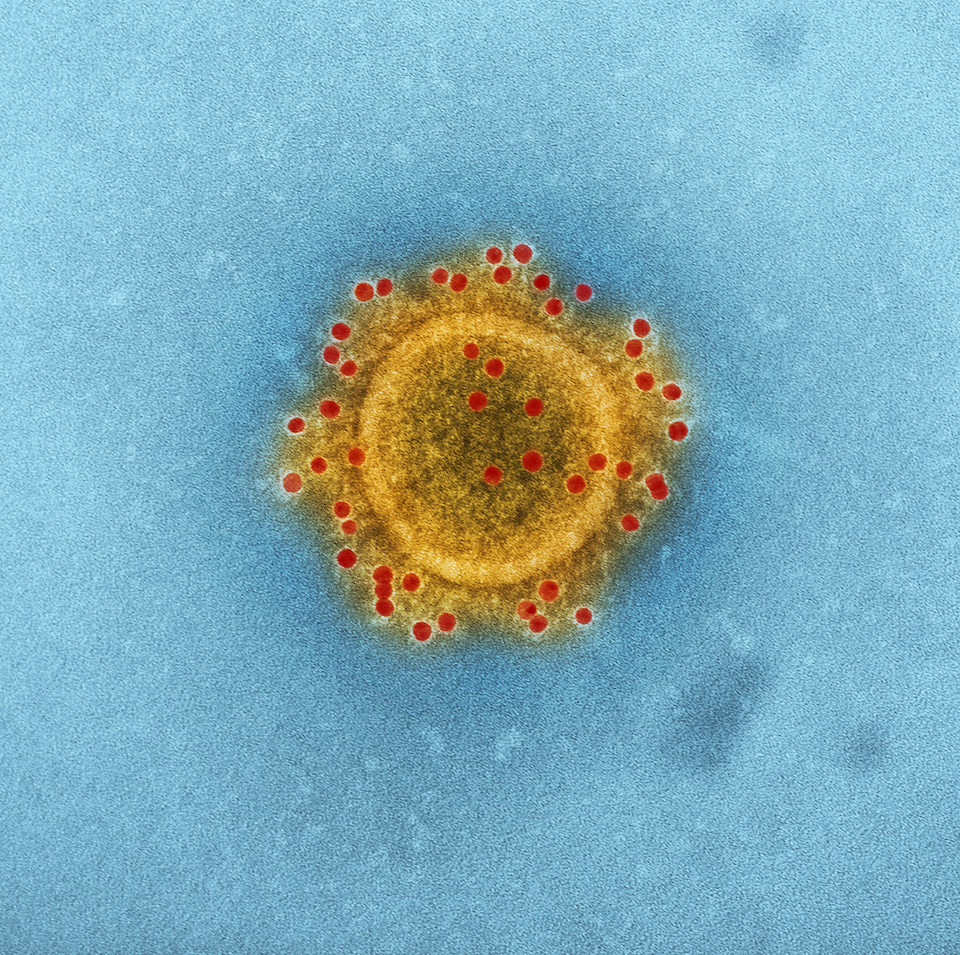
Climate change and antimicrobial resistance are the two biggest threats to global health, according to a new UN Environment Program report.
The report focuses on the risk of superbugs, highlighting the role of climate change and other environmental factors that amplify the phenomenon of antimicrobial resistance.
Antimicrobial resistance (AMR) is a condition in which viruses and microbes (such as bacteria and fungi) develop resistance to antimicrobials, making them less or completely resistant to the drugs intended to treat them.
Resistant microbes are not killed by antibiotics, so they survive, multiply freely, passing resistance to the next generation of microbes, and as a result, prevail and develop in the flora of humans and animals, explains EODY.
“The development and spread of AMR means that antimicrobials used to prevent and treat infections in humans, animals and plants may become ineffective. with modern medicine no longer able to treat even mild infections“, says the United Nations Environment Programme.

Millions dead every year
Around five million deaths worldwide were attributed to antimicrobial resistance in 2019, according to the report, and the annual loss is expected to increase to 10 million by 2050 if no action is taken.
Antimicrobials are used in medicines, cleaning products, and pesticides to kill microorganisms and prevent the spread of germs between people, animals, and crops.
Drug resistance may also occur naturally through evolution, but experts say overuse of antimicrobials in humans and animals and the use of such substances in food production accelerates antimicrobial resistance.
Microorganisms that survive become stronger and can pass on drug resistance genes to microbes that have never been exposed to antimicrobials.
Climat is changing. At the same time, the propagation speed
Until now, attention has been focused on the overuse of antibiotics, but experts point to growing evidence thatEnvironmental factors play an important role in the development and spread of antimicrobial resistance..
“Climate change, pollution, changing weather patterns, more frequent rainfall, more densely populated cities and urban areas are all contributing to the spread of antibiotic resistance. And I am sure that this phenomenon will increase over time if we do not take drastic measures to limit it, ”said the doctor. Scott Roberts, infectious disease specialist at the Yale School of Medicine.
The climate crisis exacerbates antimicrobial resistance in several ways. Studies have shown that higher temperatures increase both the rate of bacterial growth and the rate of spread of antibiotic resistance genes among microorganisms.

Extreme conditions, especially overheating, accelerate the rate at which antimicrobial resistance develops. Thus, by limiting the rise in temperature and the severity of the consequences, we can significantly reduce the likelihood of developing a new case of drug resistance, explained Dr. David Graham, professor of ecosystem engineering at Newcastle University and one of the authors of the UN report. .
Experts estimate that severe flooding (as a result of climate change) can also lead to overcrowding, poor sanitation and increased pollution, which are known to increase infection rates and antimicrobial resistance. Anthropogenic pollution, heavy metals and other impurities in water create favorable conditions for the development of microbial resistance.
“The same factors that cause environmental degradation exacerbate the problem of antimicrobial resistance. Its consequences could destroy our health and the food system,” Inger Andersen, Executive Director of the UN Environment Programme, warned at a press conference.
CNN source
Source: Kathimerini
Ashley Bailey is a talented author and journalist known for her writing on trending topics. Currently working at 247 news reel, she brings readers fresh perspectives on current issues. With her well-researched and thought-provoking articles, she captures the zeitgeist and stays ahead of the latest trends. Ashley’s writing is a must-read for anyone interested in staying up-to-date with the latest developments.